Breaking Tensions: Iran Launches Missile Attack on Israel
In a shocking escalation of hostilities, the Israeli military has reported that Iran has launched a missile attack against the state of Israel. Live footage from Tel Aviv shows ominous streaks in the sky, likely indicating incoming missiles aimed at the Israeli metropolis. As the world watches in real time, the implications of this attack ripple far beyond the immediate region.
Context of the Attack
At approximately 16:38 GMT, breaking news began to unfold, revealing that Iran had indeed launched missiles toward Israel, with initial reports suggesting up to 102 projectiles. This event marks a significant shift in the long-standing tensions between Israel and Iran, intensifying concerns over a broader conflict involving regional and international powers.

For the past year, analysts and commentators have been speculating about the potential for a full-blown war between Israel and Iran, especially given the escalating hostilities in neighboring Gaza and Lebanon. With both nations on high alert, the stakes have never been higher.
The Immediate Response
In Tel Aviv, air raid sirens blared as residents were urged to seek shelter. Many people in the city have access to bomb shelters, either in their homes or communal ones. The sound of sirens signifies a race against time as citizens scramble for safety. Reports indicate that some missiles fell into the sea, but the danger remains acute as Israeli defense systems engage incoming threats.
Eyewitness accounts from individuals in Tel Aviv describe a surreal atmosphere. One resident recounted the moments leading up to the attack, emphasizing the tense calm before the storm. “When the sirens went off, we knew we had to act quickly,” he stated from a secure room in his home. “You never expect this in your city.”
Assessing the Damage
As live updates continue to flow in, there is an urgent need for damage assessment. Questions loom regarding the effectiveness of Israel’s Iron Dome missile defense system, which has been designed to intercept incoming projectiles. Early reports suggest that while many missiles may have been intercepted, at least one direct hit was observed, leaving the potential for casualties and damage in its wake.
The political implications are equally grave. The Israeli media is rife with speculation about the nature of this attack and how it will influence international relations. As the situation develops, a full accounting of the attack’s repercussions—both immediate and long-term—will be crucial.
Iranian Justification
Iran’s Revolutionary Guard Corps (IRGC) has publicly stated that this missile strike is a direct response to what they describe as Israeli aggression, including recent targeted assassinations of Iranian officials. This narrative is likely to galvanize support for the Iranian regime, framing the attack as a necessary act of retaliation in the ongoing struggle against perceived oppression.
A spokesperson for the IRGC declared, “In response to the assassination of key leaders, we have targeted the heart of the occupied lands.” This rhetoric is likely to resonate deeply within Iran, fostering a sense of unity in the face of external threats.
Broader Implications for the Region
The potential for this attack to spiral into a wider regional conflict is troubling. Should Israel retaliate, the situation could escalate rapidly, drawing in various actors and complicating an already tense geopolitical landscape. Analysts warn that this could ignite further violence not only in Israel and Iran but also in Lebanon, Syria, and potentially involve the United States.
The question now remains: how will Israel respond? Israeli leaders are known for their decisive actions in the face of threats, but the stakes are higher than ever. A calculated response could mean a move toward diplomacy, or it could lead to a full-scale military engagement that draws in international forces.
The International Community’s Role
As the events unfold, the international community watches with bated breath. The United Nations, NATO, and other global powers have expressed concern over the escalating tensions, urging both sides to exercise restraint. The risk of miscalculation in this highly charged environment cannot be overstated.
U.S. officials have reiterated their support for Israel, emphasizing the need for self-defense. However, calls for de-escalation are also echoing through diplomatic channels, highlighting the need for dialogue rather than further conflict.
Conclusion
As the dust settles over Tel Aviv and the skies remain charged with uncertainty, the world watches closely. The missile attack from Iran has ignited a firestorm of questions, fears, and potential consequences that may reshape the geopolitical landscape in the Middle East.
In this era of instant information and live broadcasts, the narrative unfolds in real-time, compelling citizens, analysts, and leaders alike to grapple with the profound implications of warfare. What remains to be seen is how this will all play out, and whether diplomacy can prevail over conflict in a region long plagued by strife.
In the coming hours, as news continues to develop, the need for accurate information and thoughtful analysis will be paramount. The question now is not just how many missiles were launched, but what this means for peace, stability, and the future of the region.
FAQ:
1. What prompted Iran to launch missiles at Israel?
Iran has framed the missile launch as a response to recent Israeli actions, including the assassination of key Iranian leaders. This retaliatory strike reflects a longstanding tension between the two nations.
2. What is the current situation in Tel Aviv?
Tel Aviv is currently on high alert, with air raid sirens sounding as residents take cover in shelters. The extent of damage and casualties is still being assessed as the situation evolves.
3. How effective is Israel’s missile defense system?
Israel’s Iron Dome has historically been effective at intercepting incoming missiles, but the true measure of its success in this incident will depend on the number of missiles intercepted versus those that have landed.
4. Could this lead to a larger conflict?
Yes, the situation has the potential to escalate into a broader regional conflict involving multiple nations and non-state actors. The international community is closely monitoring developments.
5. What are the international reactions to this missile strike?
The international community has expressed concern, with calls for both Israel and Iran to exercise restraint. The U.S. has reiterated its support for Israel while advocating for de-escalation.
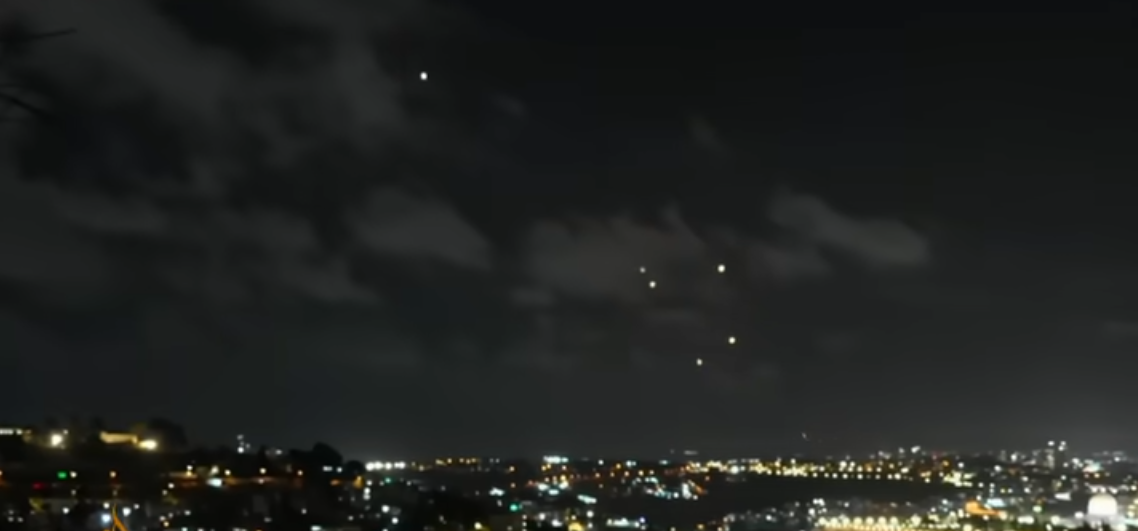
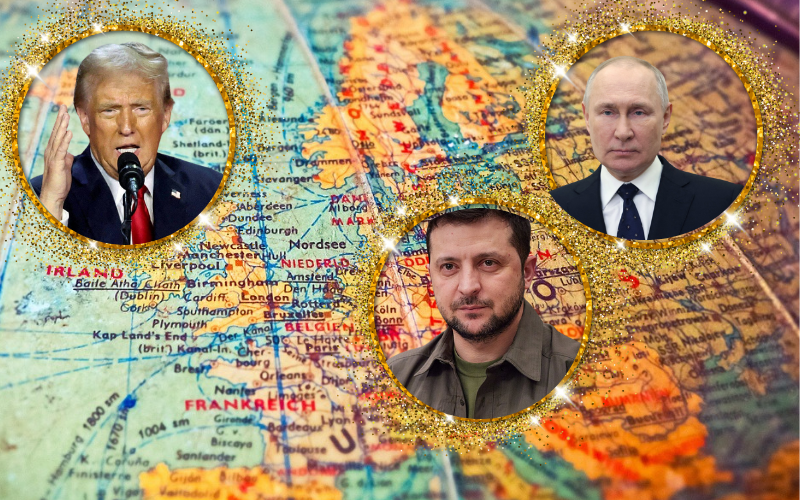

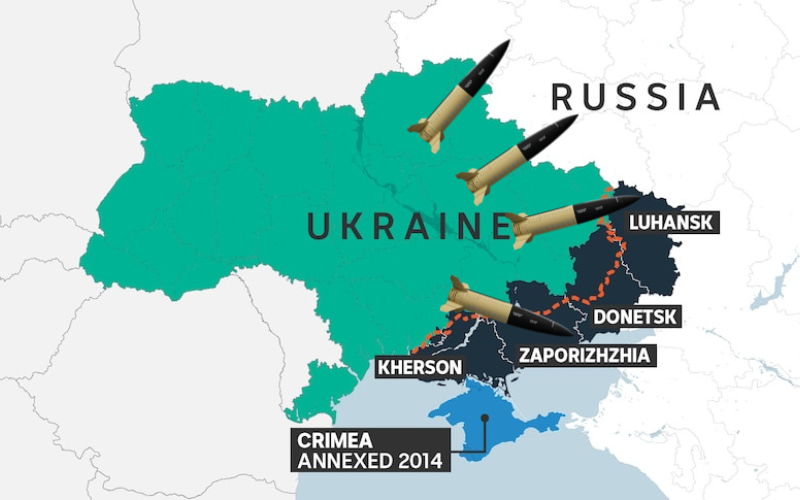
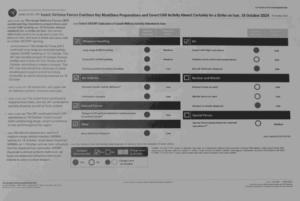
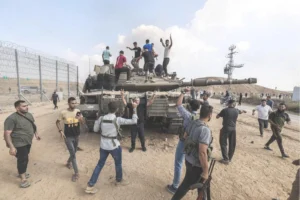

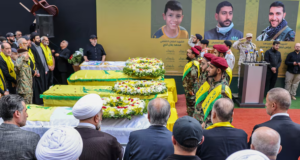
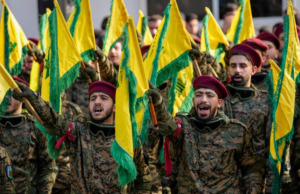

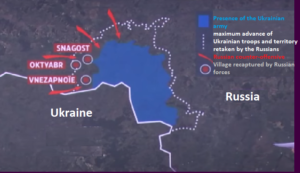



2 comments